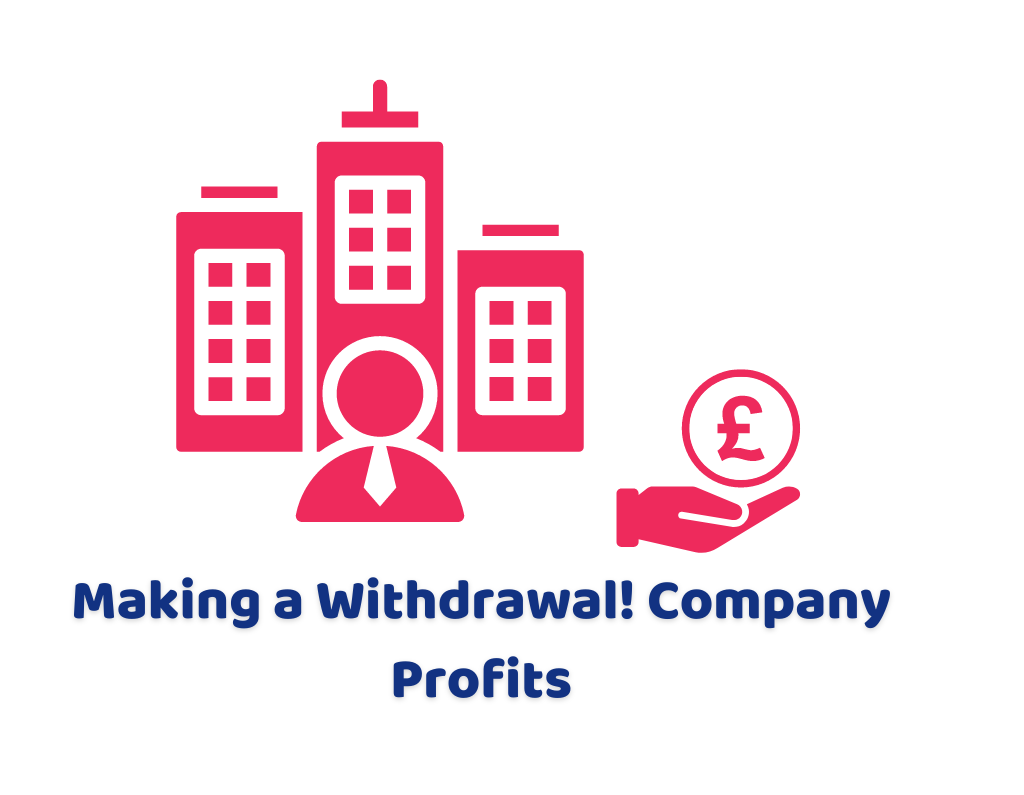Chris Thorpe looks at some considerations when extracting profits out of limited companies.
Once a sole trader or partnership has incorporated, the owner or partners can no longer help themselves to the business’s profits at will; such individuals were previously subject to income tax and National Insurance contributions (NICs) based on those profits, irrespective of how much they took from the business. However, with limited companies, those profits belong to the company as a separate legal person and are subject to corporation tax on their business’s profits; the company’s owner will only be subject to income tax and NICs on whatever they withdraw. Owners can therefore plan the extent of their withdrawals with a view to mitigating their personal tax liability.
Who Can Take Profits from a Company?
Shareholders own the company and take the distributable reserves (i.e., available post-tax profits) in the form of dividends. These are more favourable than other types of income – they are subject to lower rates of income tax and are exempt from NICs, so they will usually make up the bulk of a small company owner’s remuneration. For such small companies, shareholders will also be the directors; these are officers registered as such at Companies House who actually run and manage the company day-to-day and, for tax purposes, are treated as employees of the company. They will be on the company’s payroll and be able to draw a salary (along with bonuses) subject to PAYE income tax and NICs. These salaries will be made commensurate to the individual’s duties (which is also necessary for the deductions for the company). Someone who is purely a director may draw an officer’s fee (and usually a pension contribution), which is usually a nominal amount below the NICs employer threshold (to ensure the company is not paying employers’ NICs but the officer still benefits with respect to qualifying years for state pension purposes). Higher salaries or pension contributions will necessitate an employment contract, meaning a director can simultaneously be an officer and employee in law, as well as for tax purposes. Employer pension contributions from the company are tax-free benefits for the directors or employees, and whilst the salaries are taxable to income tax and NICs, both are deductible for the company; dividends, on the other hand, are declared from post-corporation tax profits, so are effectively subject to tax twice.
How Else Can Profits Be Withdrawn?
Whilst dividends and salaries or bonuses are the main means of profit withdrawal, the company can be charged rent for use of land and property owned by shareholders or directors. Likewise, interest can be charged for the company’s use of an individual’s capital (i.e., loans). Rent and interest paid are deductible for the company and, whilst subject to income tax for the owner, are not subject to NICs. Companies paying UK-source interest to individuals must deduct income tax at basic rate. Once a shareholder has decided that the company has ceased trading, the profits therein can be withdrawn by liquidating the company. Once a liquidator has been appointed, distributions from the company are taxed as capital (usually with the benefit of business asset disposal relief and the 10% capital gains tax rate for trading companies). A more informal ‘strike-off’ may be carried out without engaging a liquidator with funds likewise being treated as capital – but only if those company funds are below £25,000; above that amount, the full value will be taxed as dividends.
Practical Tip
The director shareholder’s personal tax position will usually dictate to what extent, and in what form, a company’s profits are withdrawn. A great advantage of a limited company is that profits do not have to be withdrawn at all and are not subject to personal tax until that happens but careful planning is needed to balance the double impact of corporation and personal tax liabilities, and deductibility of payments for the company.

